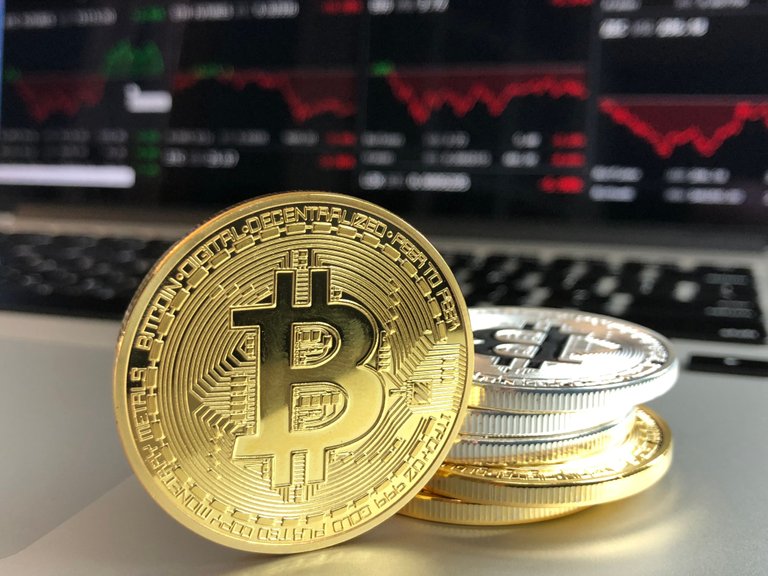Toronto-Dominion Bank has just joined a fast growing list of banks that are banning their customers from buying cryptocurrencies using credit card. This action might be perceived as a move to slow down the rival that cryptocurrencies represent to their business model on the long run, but the actual threat might be the actual card holders.
JPMorgan Chase, Bank of America, Citigroup, and Virgin Money are some of the institutions that have already adopted this measure, and this list will likely keep increasing on following months.

Image by Expect Best under CC0 licence
Banks are businesses and businesses are meant to make a profit. A big part of bank's business model is to profit from loaning money to their customers in exchange of receiving an interest on the loan. A highly profitable activity that has its own risks. If a credit card holder ends up being unable to pay, strong measures would be taken aginst this person, but the bank still ends up perceiving a loss.
The high volatility that characterizes cryptocurrencies is extremely dangerous for institutions that lend money. While huge spike prices attracts even more people to impulsively invest in them at record highs, dips act as a reality check for those who rushed at the end of the price increase, delivering them devastating losses.

Image by David McBee under CC0 licence
HODL is the motto around here, but if someone has the pressure to pay a credit you used to buy the acquired crypto, that person may end up being forced to sell on a loss to cover at least a small part of the money. If the debt and the dip are large enough the buyer would end up bankrupt and the bank would lose its money. This scenario is extremely likely to happen every time there are large and sudden movements on the crypto market capitalization.
Yes, banks are protecting their business by blocking credit crypto purchases, but not from new technologies taking their place, but from their own customers losing their money, but how will this affect crypto growth rate?
While this ban increases the difficulty to acquire cryptos, the outcome might not be as negative for the market as one might expect. It is likely that the demand decrease caused by this measure will end up being compensated by the decrease on panic selling due to the need to pay debts. Long term growth should not be considerably affected, but volatility should decrease as more banks adopt the measure, making concurrencies a safer investment along the way.
Banks all over the world are aware of the potential of cryptos to replace fiat currencies. It can be taken for granted that they are already working on a way to adapt their business model to what is likely to become the future of finance rather than fighting progress. Even if cryptos become the financial norm, banks would still find a way to stick around.
50SP, 100SP, 250SP, 500SP, 1000SP, 5000SP Don't delegate so much that you have less than 50SP left on your account.This post has received a 25.00% upvote from @msp-bidbot thanks to: @pk170. Delegate SP to this public bot and get paid daily:
As a follower of @followforupvotes this post has been randomly selected and upvoted! Enjoy your upvote and have a great day!